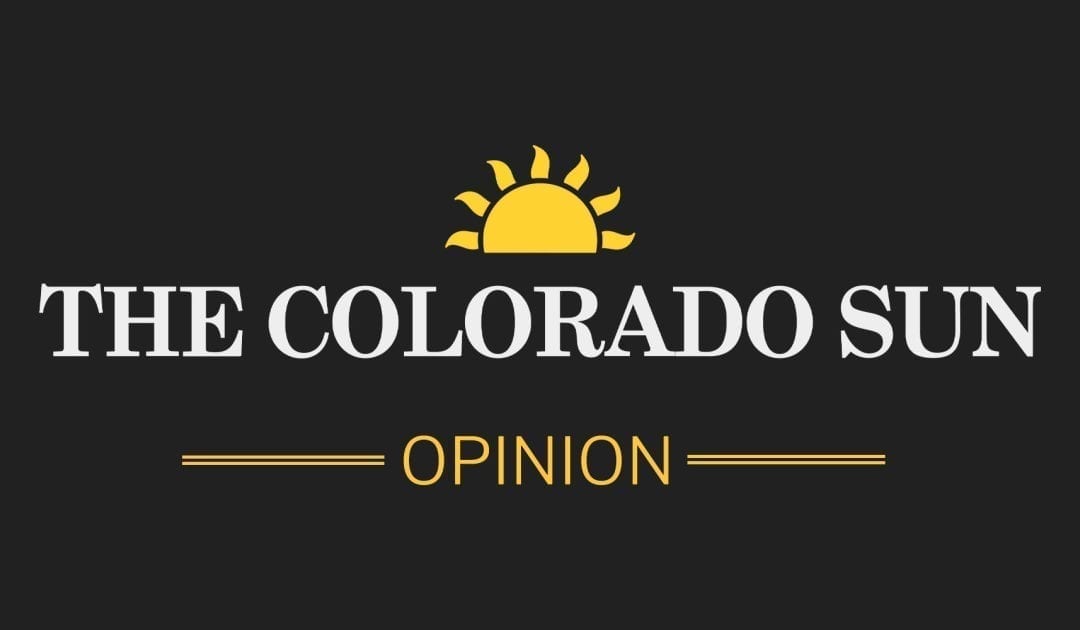
To live and work in Colorado is to understand the importance of major transportation projects. Whether it’s expanding capacity on our existing interstate and state highways, unclogging vital surface roadways or repairing bridges, Colorado citizens and businesses can’t afford long delays that cost us more time and money.
That is why I was thrilled to see the Environmental Protection Agency (EPA) propose a rule earlier this year to cut red tape for major infrastructure projects like the ones we desperately need in Colorado.

This past June, the agency announced it would pursue a new policy to strengthen the cost-benefit analysis in its rulemaking process. By accurately assessing financial impacts of a rule before implementation and weighing it against the benefits, the agency can make informed decision on new rules that take a wholistic view of the policy.
An unbiased cost-benefit analysis will not only restore and bolster the confidence of various stakeholders that the rule making process is fair, but it will also help them understand the impacts of a rule before implementation so they can plan accordingly.
The commonsense approach of carefully weighing costs against benefits has enjoyed bipartisan support for decades. Both Democratic and Republican presidential administrations, as well as businesses of all kinds, have long recognized that having a solid grasp on the consequences of new rules, and buy-in from all parties involved, is better for the economy, for the American people and ultimately for the environment we all want to protect.
The fact is that the EPA’s current byzantine rulemaking process has resulted in unnecessary and economically harmful delays for projects right here in Colorado, including vital developments like the Jefferson parkway and the Santa Fe Trail Highway.
Projects like these have all too often ground to a halt and seen costs skyrocket as the EPA imposes new rules in the middle of the project, hindering progress as those involved scramble to comply with complicated new regulations.
These delays not only cost money, but leave citizens frustrated and business stifled as desperately needed infrastructure is continuously delayed.
READ: Colorado Sun opinion columnists.
This isn’t a problem that impacts Colorado alone. The U.S. Chamber of Commerce estimates that all federal regulations cost the U.S. economy about $1.9 trillion per year, with the EPA alone accounting for nearly 70% of all federal regulatory costs.
In addition the increased efficiency and financial benefits, the proposed policy calls for EPA to use a standard set of economic data and a consistent process across all projects when conducting economic assessments.
If the agency wants to stray from the approved formula, it must provide clear justification for why it did so. These steps help ensure that science and data, instead of ideology, is the driving force behind rules that affect major projects.
Why are these reforms so crucial for our state? Because those seeking to invest in Colorado need certainty about the future. Many large infrastructure projects can take several years from start to finish and an uncertain regulatory environment can potentially add millions to the overall cost, causing many companies to think twice about making large-scale investments.
A more transparent rulemaking process by the EPA will allow companies to invest their capital with greater confidence, which will be especially important as the economy emerges from the COVID-19 crisis.
The EPA’s proposed cost-benefit analysis rule is a classic example of a commonsense policy, and I am proud to support it. Colorado has much to gain from this approach in the coming years, particularly as we look to make much-needed expansions to major roadways and transportation infrastructure to reduce traffic congestion and accommodate growth.
OUR UNDERWRITERS SUPPORT JOURNALISM. BECOME ONE.
With this rule in hand, we can count on more transparency from the EPA and greater confidence that new regulations will be balanced and backed by sound data.
With so many hurting financially due to the state’s response to COVID-19, there is no better time to ensure that rulemaking on the federal level uses common sense and achieves balance. Since 1981, presidents of both parties have called for this approach. It’s time to make it happen.
Colin Larson, R-Littleton, represents House District 22 in the Colorado House of Representatives.
The Colorado Sun is a nonpartisan news organization, and the opinions of columnists and editorial writers do not reflect the opinions of the newsroom. and submit columns, suggested writers and more to .
Our articles are free to read, but not free to report
Support local journalism around the state.
Become a member of The Colorado Sun today!
$5/month
$20/month
$100/month
One-time Contribution
The latest from The Sun
This content was originally published here.

